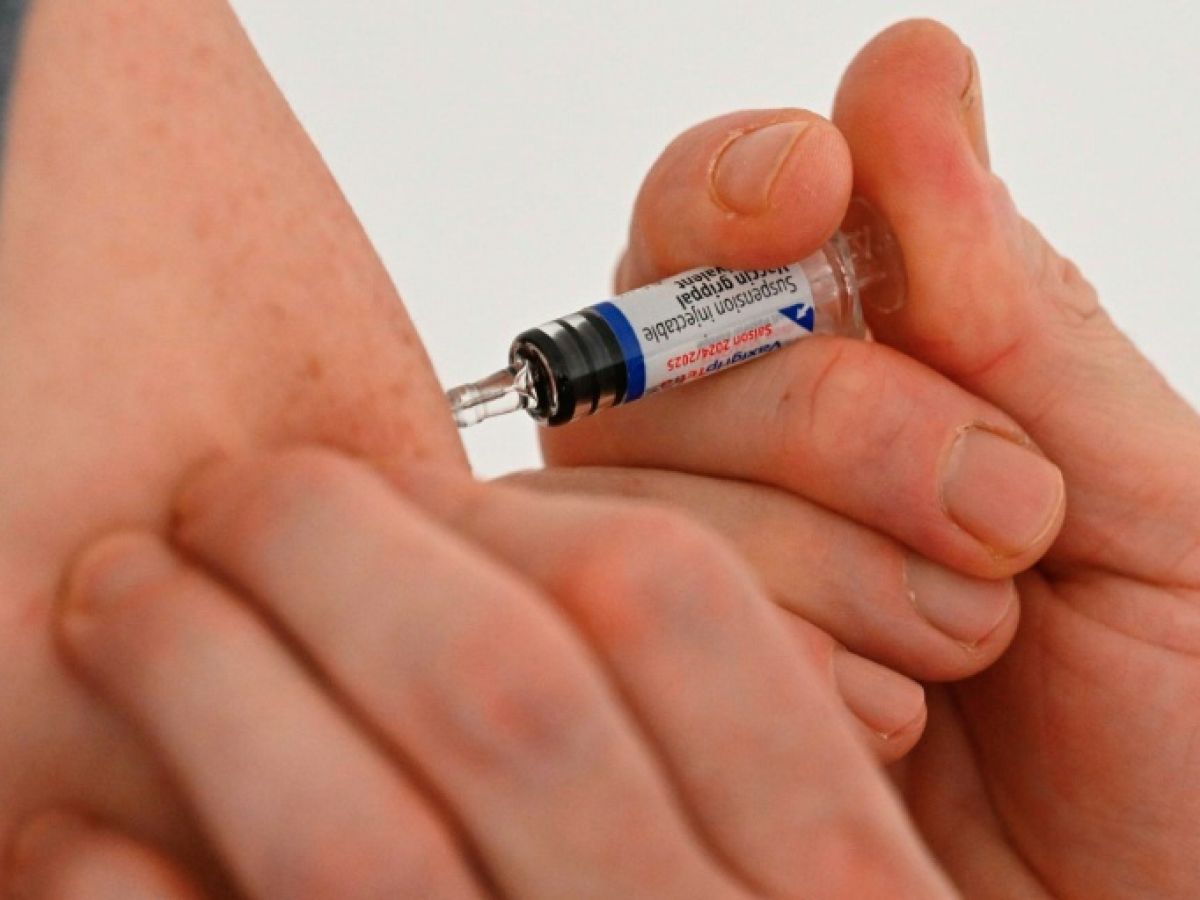Why the mosquitoes Do they bite us? We know that these bloodthirsty insects are attracted to the carbon dioxide (CO2) that we expire, that Previous infections can make us more attractive to these little vampires, even our choice of shower gel could play a role in this. But the truth is that our attractiveness to these insects does not depend only on us, and a person whom they would have attacked relentlessly one day, can leave them completely indifferent the next. Why?
Because of hormones. Not ours, but theirs. Researchers at the University of Georgia in the United States have shown that their desire to bite us depends mainly on two hormones linked to their reproductive cycle. This discovery was published on July 1, 2024 in the journal PNAS.
Female mosquitoes bite us to feed their eggs
Because the thirst of female mosquitoes (the only ones that bite us, the males being more peaceful towards us) depends on this cycle. They need our blood to feed their eggs, but once they have eaten enough for them to grow, they are no longer interested in blood… until the next cycle. In the meantime, they feed only on water and sugar (such as flower nectar).
This cycle begins when female mosquitoes become adults. About two days after mating, new eggs are generated, which activates their thirst for blood to feed them. The proteins contained in the blood stimulate the production of several molecules that will allow the maturation of the eggs, a process that will last about 48 hours. Then, the female will be able to lay them (which happens about 72 hours after the bite) so that they in turn become little bloodthirsty beasts. And during this period of 72 hours after the last bite, from the moment she has eaten enough to ensure the maturation of her young until the moment she releases them, the insect is no longer interested in blood. Then the cycle begins again, the female looks for a new partner, generates new eggs, and bites us to feed them.
This thirst is guided by a hormone
To better understand the mechanism that turns their blood thirst on or off, the researchers gave mated female mosquitoes the choice between rabbit blood, water with blood proteins, water with sugar, or just water. They confirmed that only mosquitoes that had been able to drink blood or water with blood proteins had their eggs mature. And that these same mosquitoes were no longer interested in the researchers' hand for two days, but that they began to be interested in it again after 72 hours.
This attraction to blood is caused by a hormone called neuropeptide F, or NPF, secreted by endocrine cells in the digestive system and some neurons. The researchers observed that this hormone begins to be produced by the digestive system about 48 hours after these mosquitoes become adults, which reflects their lack of interest in humans during these first two days.
And NPF production stops completely 6 hours after these mosquitoes have drunk blood (or blood proteins), and this lasts for 48 hours, precisely the period during which mosquitoes are no longer interested in blood. NPF production then resumes, once the eggs have already matured and are ready to be released.
Another hormone blocks this thirst
But the urge to bite us doesn't depend solely on NPF. The researchers have identified a second hormone that acts in the opposite direction of NPF, blocking the thirst for blood. Called RYamide-1, this hormone is produced in neurons in the brain and abdomen of mosquitoes. And while this production decreases in the abdomen after a good blood meal, its circulation increases in mosquitoes. According to the authors, this decrease in the abdomen linked to an increase in its circulation indicates that the abdomen is secreting the hormone, following the blood intake. It may be telling the body that it has enough blood to feed the eggs and therefore that it can stop looking for prey, for the moment.
This regulatory function was confirmed by injecting this hormone into adult female mosquitoes. They were indifferent in the hands of the researchers, unlike other mosquitoes. It is therefore a combination of the increased interest in blood driven by NPF and the blocking of this interest by RYamide-1 that regulates the blood thirst of these mosquitoes. The authors therefore propose to develop molecules that target or imitate these hormones to regulate the behavior of female mosquitoes, and perhaps once and for all remove this desperate habit of harassing us throughout the summer.


